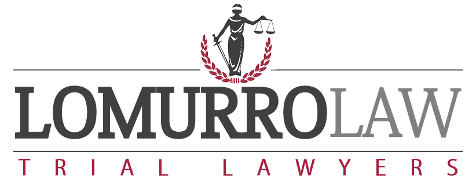When a private individual files a legal claim against another party to recover for injuries and losses, the petition (or complaint) filed with the court must include specific information. One requirement is that the petition states a proper cause of action to file the claim. If a plaintiff is found not to have a cause of action, the lawsuit will be dismissed by the court, and no recovery will be available.
Many personal injury cases are based on negligence claims, which is rooted in common law. However, some personal injury claims are based on a defendant’s violation of a statute. If a violation of the law allows an injured plaintiff to file a lawsuit and recover damages, it creates a private right of action.
Private rights of action can be either expressly communicated in a statute or implied. The jurisprudence regarding implied private rights of action is substantial, and plaintiffs can be denied an implied right of action in some situations. Determining whether you have a private right of action for a personal injury claim can be challenging, and it is important to seek help from an experienced Freehold personal injury lawyer.
Express and Implied Rights of Action
Some statutes clearly state the remedies available to individuals harmed by another party’s violation of that statute. This creates an express private right of action, though this right of action can be challenged if your situation does not closely mirror the situation spelled out in the statute.
In addition, not all laws are this clear. In fact, Congress and state legislatures routinely neglect to spell out specific rights of harmed parties within the statute itself. In this situation, if a law gives you the right to something, and someone violates your rights, the court can determine it is implied that a right of action will result. There are many cases involving determinations of whether an implied private right of action exists.
One of the most famous cases regarding an implied right of action is Bivens v. Six Unknown Named Agents, 403 U.S. 388 (1971), decided by the Supreme Court of the United States. This case determined that even though the 4th Amendment to the U.S. Constitution does not expressly give individuals the right to sue for unreasonable search and seizure, this private right of action should be implied. Since then, SCOTUS and state courts have used various tests to decide whether certain plaintiffs have this implied right.
Personal Injury Cases
There are different state and federal laws that might lead to a private right to action in a personal injury case. One example is New Jersey’s Dram Shop Law. This law states that if an establishment serves someone who is visibly intoxicated or a minor, and that person injures you, then you have the right to sue the establishment. This is only one example of how New Jersians might have a private right to action under the law for injuries.
Contact Our Freehold NJ Personal Injury Attorneys Today
If you sustained injuries, let a Freehold personal injury lawyer from Lomurro Law evaluate your rights. Contact us online or call 732-482-9285 for a free consultation.
